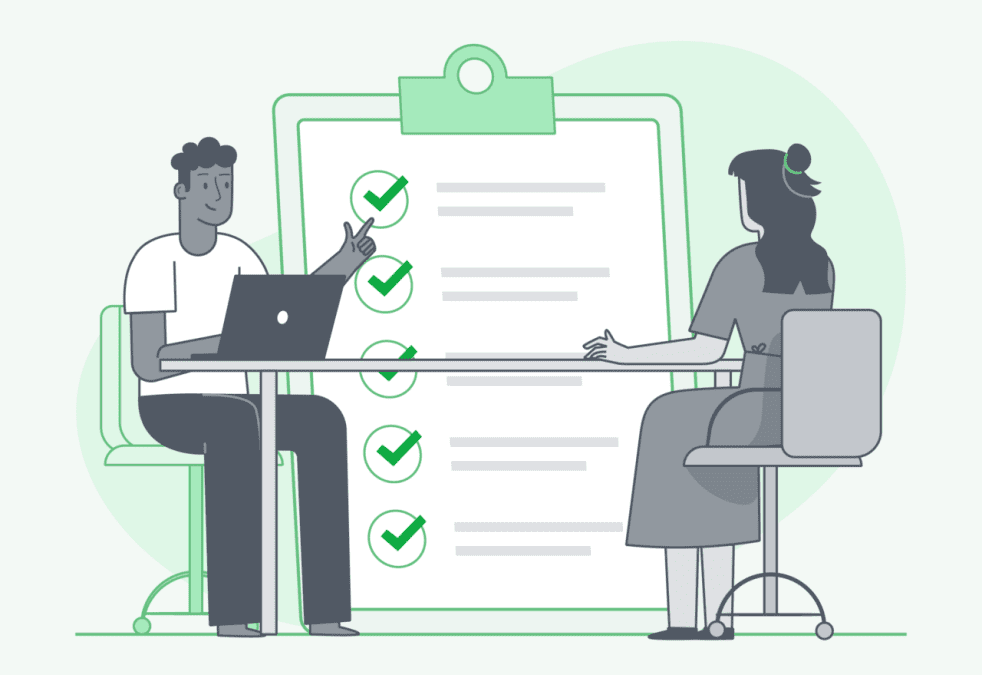
How to Answer the Question – Why did you quit your job ?
Why did you quit your job – If the reason is your boss:
What you probably shouldn’t say is, “my boss was a/an *insert profanity*”. Or for that matter, anything that very obviously paints your previous boss in a bad light. Remember that it really is a small world and chances are you may be bitching about your ex-boss to one of your prospective employer’s best friends.
Also, “… for some reason most interviewers sympathize with your current boss, the psycho control freak, rather than sympathizing with you. You have to provide an answer to the question “Why do you want to leave your job?” that is mostly true but that leaves out the part about your bad experiences at your current job” says Liz Ryan, Contributor at Forbes.
Why did you quit your job – If you do not fit into the work culture anymore:
It is entirely possible for you to feel suddenly out-of-place in your work environment, where you may have so far been comfortable. A number of reasons may be the cause for this, the most common ones being dissent with your team/colleagues, replacement of your colleagues, or a general loss of interest in the kind of work the organization does.
For the above two cases, you could simply tell them that you are in search of a better work environment, and that you felt you weren’t quite in sync with it. Start with, “It’s a great place, however…” Let them know that while it was a decent place to work at, you felt you were not being able to give your 100% and hence are in the lookout for a ‘different’ work environment and culture. In discussing about what difference in work culture you seek, be careful to stick to diplomacy and not bluntly disgrace your previous work place.
Why did you quit your job – You deserve more money:
Well, who doesn’t? If your job pays you peanuts compared to the amount of work you put in, and you know you can do much better than that, you should definitely make the decision of switching jobs. However, when they ask you why you are changing jobs, try not hyperventilating about how much you worked but how little they paid you. Only when you manage to convince them of your skills and they really seem interested, start negotiating about the pay. When you have achieved that, you need not even tell them you quit because you weren’t paid enough and can get away by saying you are on the look-out for better opportunities. That way, they will not have a chance to contemplate whether you weren’t getting paid enough because you didn’t perform well enough.
Why did you quit your job – You have reached a point of stagnation at your current work place:
If you are changing your job because you feel there was no scope for growth in your previous workplace, you can say so honestly, however in a way which doesn’t sound very pompous. Be honest about the fact that the previous job did not make complete use of your skill sets and potential and that you are looking for something more challenging.
While we have listed just four situations, there are plenty of other reasons for quitting one’s job. To sum it up, in general, all we have to say is take care of two things:
- Do not sound desperate (even if you are) for the new job.
- Do not speak lowly of your previous boss/colleagues.
These are two ground rules while responding to the question about why you want to change your job. Play by these and you will be good to go!
What do you think? Please write to us/comment to share your difference in opinion or if you like what we wrote!



